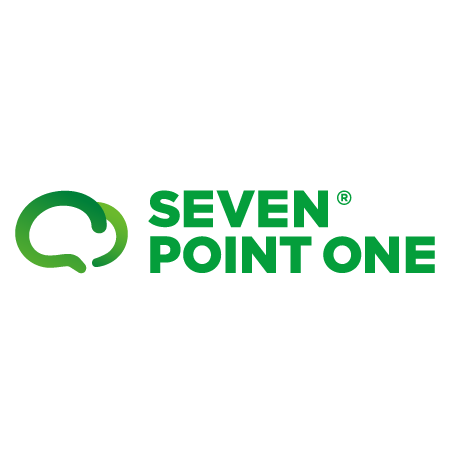Drug Discovery AI and How Healthcare Uses It
Each month, new AI-powered platforms are introduced, offering to speed up drug candidate identification and improve clinical trial design. Researchers who previously focused on other areas of digital health are now retraining and shifting their efforts toward optimizing pharmaceutical pipelines with smarter algorithms. At Health AI Summit 2026, healthcare innovators will present advanced tools that apply predictive modeling and biological simulation to prioritize drug targets and reduce development timelines.
These technology leaders have developed platforms that integrate a wide range of biomedical data, including genomic sequences, disease pathways, and chemical compound libraries, to generate novel compound hypotheses optimized for predicted efficacy. Major healthcare organizations are making significant investments in this area. They are actively evaluating how Drug Discovery AI can help reduce time to clinic, lower R&D costs, and improve precision in hit-to-lead selection.
Use cases are expanding quickly, including the identification of overlooked targets in complex diseases, improved toxicity prediction, and the correlation of genetic biomarkers with therapeutic response. At Health AI Summit 2026, specialists will demonstrate how algorithmic models can quickly generate new molecular scaffolds. These are tasks that previously required months of manual trial and error. Other teams are developing platforms that customize trial designs for specific patient subpopulations using in silico methods. Early innovators are also building proof-of-concept systems that operate across the fields of molecular biology, chemistry, and clinical endpoints.
Drug Discovery AI is Transforming Therapeutic Development
Drug Discovery AI, spanning generative compound design through preclinical optimization, is changing how treatments are developed from the ground up. In the near future, pharmaceutical developers may depend on algorithmic insights at every major decision point. Even now, healthcare innovators are testing reinforcement learning methods to improve compound efficacy in simulated biological environments. The next step is to use generative engines to explore chemical space and uncover novel molecules that would be difficult to design manually.
But challenges remain. The healthcare sector must address several ongoing obstacles. Models must be trained on representative, regulatory-compliant data. Algorithms must produce outputs that clinical researchers can interpret. And compounds must show real-world safety and efficacy. A central question persists: Can machines suggest the next blockbuster drug? According to leading experts, the solution is not full automation but enhancing the creativity and insight of clinicians and biochemists with computational power. The most pressing difficulties are rooted in biological complexity, clinical variability, and regulatory demands.
Even with the rise of Drug Discovery AI, the pharmaceutical sector continues to rely heavily on classical statistical modeling and domain-specific expertise. Real-world data such as electronic health records, clinical trial outcomes, and patient biomarkers still inform the most critical decisions. This is why, despite the growing interest in discovery algorithms, the areas of real-world evidence generation and clinical validation remain central to the ongoing transformation.











































